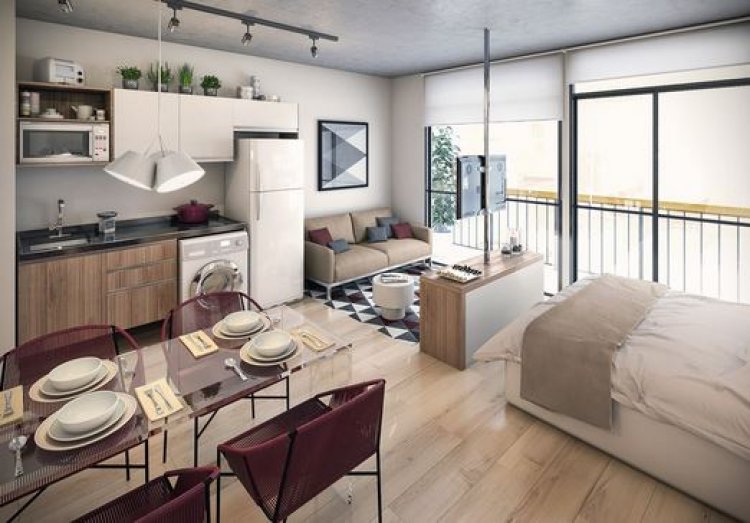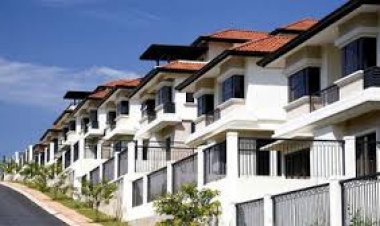The Future of Co-living Spaces in Nairobi
Co-living spaces could end up being the new norm in the city of Nairobi due to the efficiency they provide. They create solutions to certain challenges that people living in the city face, thus leading to the masses embracing them.

Co-living spaces are shared living areas with separate sleeping quarters for tenants who share living areas and facilities, including kitchens, living rooms, and occasionally even bedrooms. These areas are intended to promote cooperation and a sense of community among the occupants, frequently through organized activities and events.
With the increasing urban-rural movement, the increase in graduates in the markets, the development of new construction ideas, and the rise in the cost of living in Kenya, the future looks bright for co-living spaces. It might be hard to anticipate to what levels the evolution can go, but it can be said that it is a considerably good path.
Raising demand
To begin with, the rise in demand due to the rapid growth in urbanization means that more people end up living in Nairobi. The high population demands alternative measures of co-existence among the residents. A 1:1 ratio could be a bit tricky, which leads to the masses embracing the art of co-living. Individuals or even families might choose to rent a spacious apartment, where they share certain parts of the house, after which they have separate bedrooms.
Affordability and convenience
They say that necessity is the mother of all inventions. As such, the increase in the cost of living in the country pushes people to embrace co-living together. It becomes very cheap and affordable, cost-sharing rent among other expenses. It is also most convenient for the busy hustlers, who mostly need houses for sleep since most of the time, they are out. Co-living spaces give such individuals a chance to live together, thus cutting costs as well as serving the needed purpose.
Changing lifestyles
Changing lifestyles among young professionals and digital nomads reflect a shift in values towards prioritizing experiences and social connections over material possessions. Co-living spaces provide convenience and a sense of community in response to these shifting tastes. They provide an atmosphere that makes it simple for residents to interact socially and form bonds with like-minded people. This is in line with what many young professionals and digital nomads want; meaningful experiences and connections.
Diverse offerings
Co-living spaces are diversifying to cater to the needs of high-end, earning folks, as well as middle-income individuals and students. This means that co-spaces have been able to accommodate people from all walks of life. That would also mean that more people would end up embracing co-living spaces. As large masses embrace co-living spaces, that will increase demand, prompting sector stakeholders to increase supply, thus growing the co-living spaces sector.
Sustainability
The growth in co-living spaces necessitates an emphasis on sustainability, with developers incorporating eco-friendly features such as solar panels, rainwater harvesting systems, and green spaces. These are sometimes caused by certain challenges that face the city of Nairobi, such as inadequate water, air pollution, and random blackouts within certain parts of the city, prompting long-lasting solutions in such cases. The introduction of these amenities will play a notable role in the bright future of co-living spaces in the city.
In conclusion, co-living spaces could end up being the new norm in the city of Nairobi due to the efficiency they provide. They create solutions to certain challenges that people living in the city face, thus leading to the masses embracing them. The increase in demand, sustainability, diverse offerings, changing lifestyles, affordability, and convenience offered by co-living spaces will be driving forces toward a very bright future in the sector.
If you have a real estate press release or any other information that you would like featured on the African Real Estate Blog Post, do reach out to us via email at [email protected]

 winniemaina
winniemaina 































